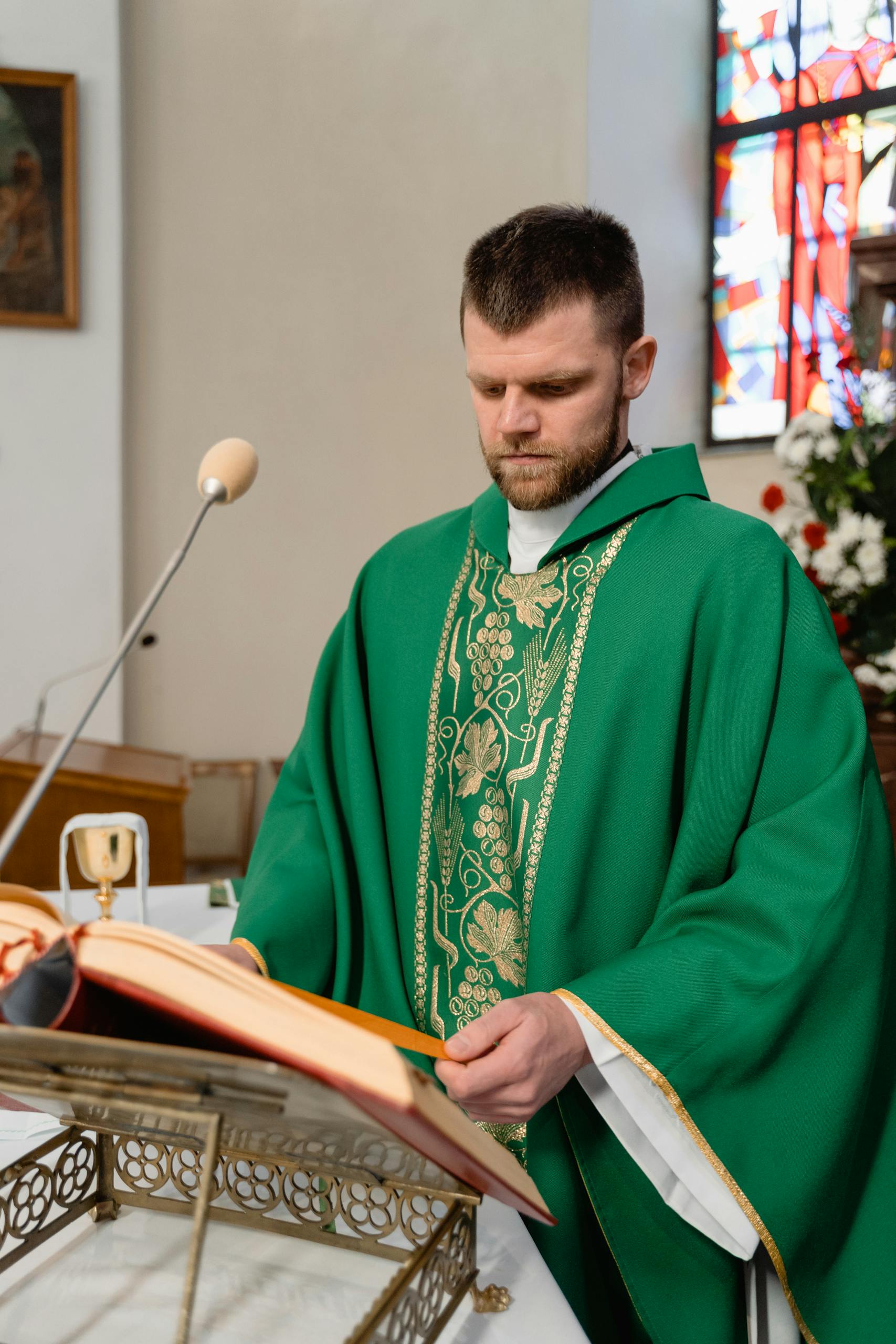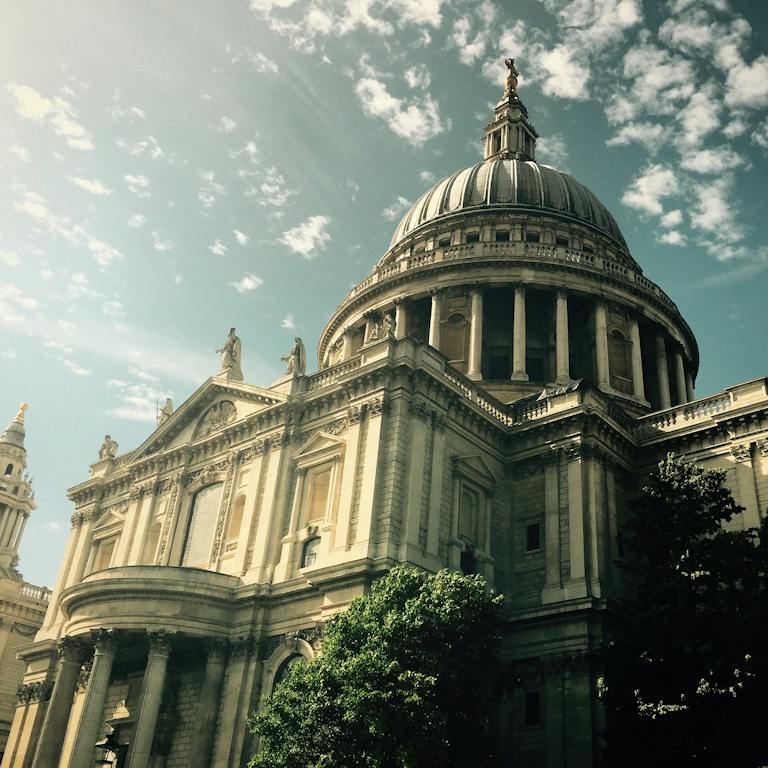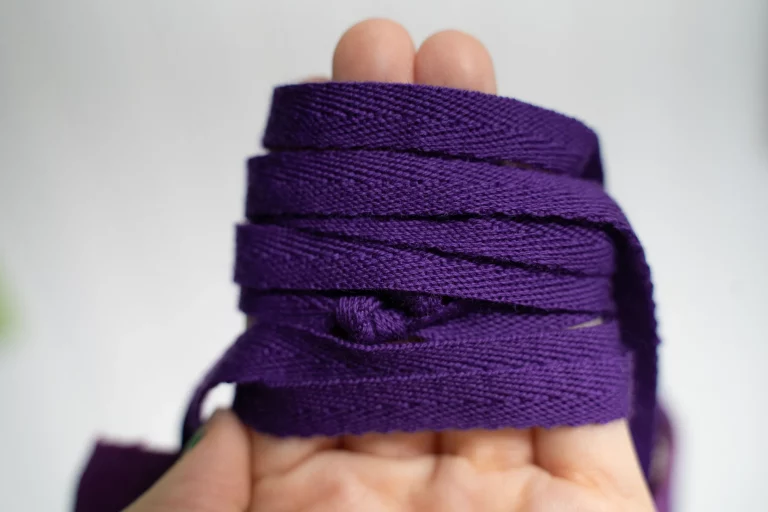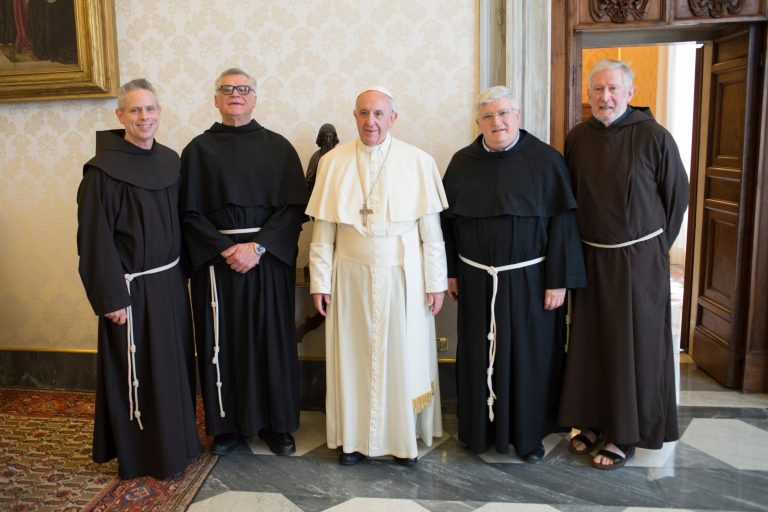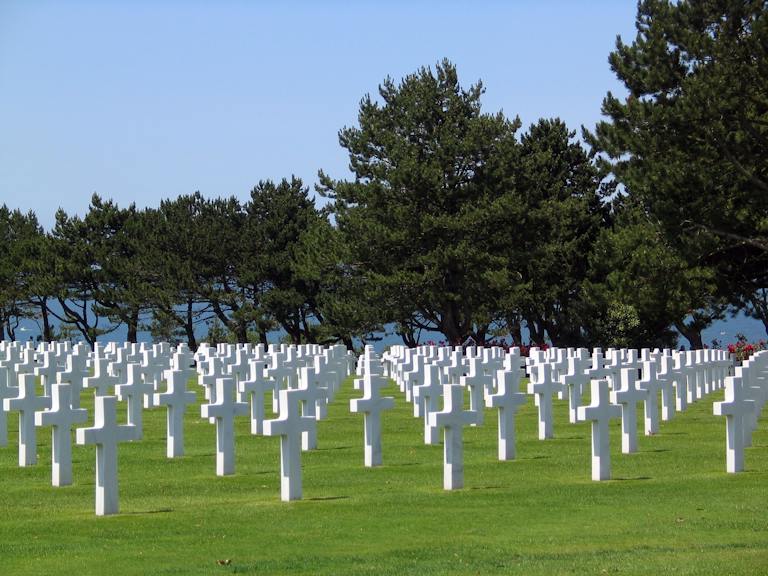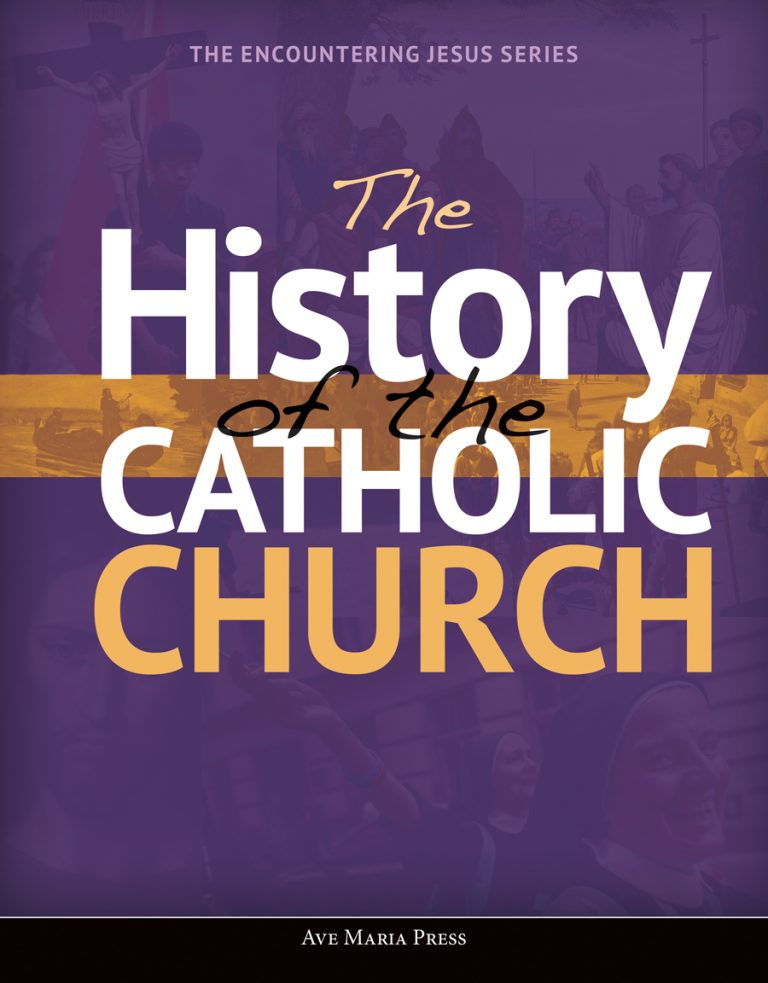What is Catholic mass?Meaning, Rites, and Significance
The Catholic Mass is the central liturgical ritual in the Catholic Church, where bread and wine become the body and blood of Jesus Christ through a ritual called transubstantiation. During Mass, Catholics remember and relive the passion, death, and resurrection of Jesus as the ultimate act of love for humanity.
The Mass brings the Catholic community together to worship God, experience His presence, and receive grace.
The Parts of the Mass
The Catholic Mass follows a specific order with four main parts that have remained relatively unchanged for nearly 2000 years since the earliest Christian liturgies. These main parts of the mass include:
Introductory Rites
The Mass begins with introductory rites, marking the gathering of the Catholic community. This includes the entrance procession, greetings, penitential rite, Gloria, and opening prayer.
Liturgy of the Word
During the Liturgy of the Word, Scripture readings are proclaimed, reflected upon in the homily, and responded to with the Creed and prayer of the faithful.
Liturgy of the Eucharist
This is the central part of the Mass when the Eucharistic Prayer leads into the consecration as the priest invokes the Holy Spirit and changes the bread and wine into the body and blood of Christ.
Concluding Rite
Finally, the Mass concludes with a blessing, dismissal, and recession out of the church.
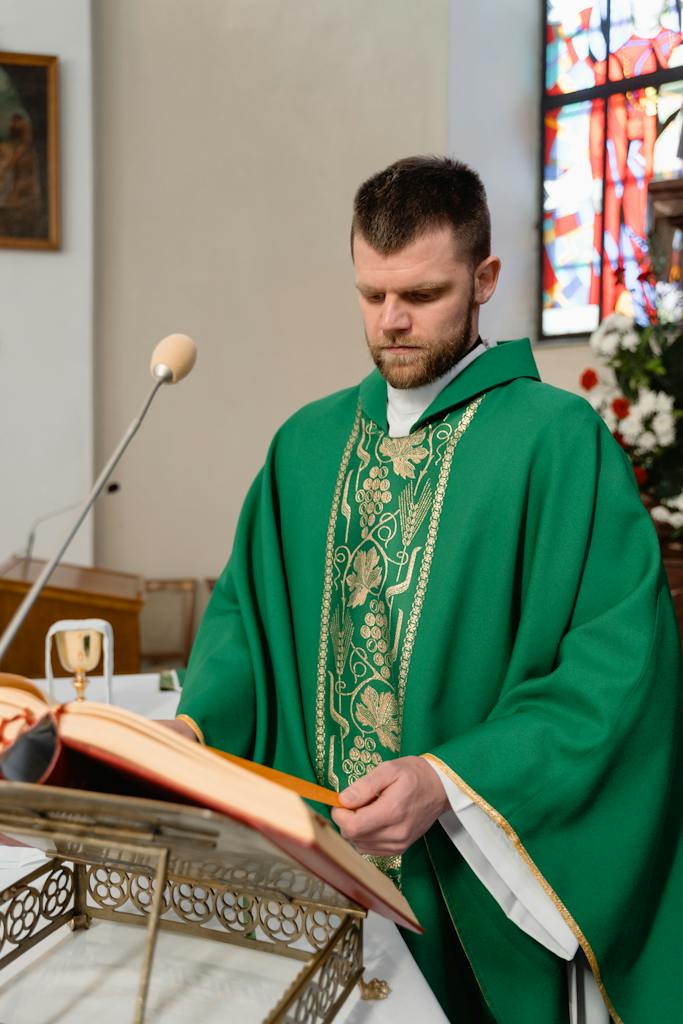
Understanding Key Parts of the Mass
While every part of the Mass carries special spiritual significance, some key parts include:
Procession and Introductory Rites
Liturgy of the Word Hearing Scripture readings and the homily is an encounter with the living Word, Jesus Christ. Meditating on and responding builds our understanding of God’s will.
Offertory and Eucharistic Prayer
The offertory includes preparing the altar and presenting the bread and wine to become the Eucharist; the priest washing his hands represents interior cleansing to worthyly consecrate the Eucharist.
Consecration and Communion Rites
At the consecration, the central mystery of transubstantiation occurs, as the substance of bread and wine becomes Jesus’s body, blood, soul, and divinity while the appearances remain.
Holy Communion
Holy Communion is the culmination of the Mass, bringing spiritual nourishment as Catholics receive Christ within them. The communal procession represents our unity in Christ as well as our anticipation of the heavenly banquet.
Dismissal Rites
Finally, being blessed and sent forth on a mission of love represents the mass energizing Catholic Christians to go glorify God through our lives.
Why is mass important for Catholics?
Participating in Mass every Sunday and Holy Day of Obligation is essential for Catholics because encountering Christ in the Eucharist brings:
- Spiritual Sustenance: receiving Christ’s body, blood, soul, and divinity in the Holy Eucharist nurtures our soul and starts transforming our lives to become more Christ-like through grace.
- Unity with God We experience intimate communion with God every time we receive the Eucharist with our minds and hearts properly disposed.
- Unity with each other: gathering together, worshiping together, and taking communion together represents our unity as members of Christ’s body, the church.
- Guidance and Blessings Hearing Scripture readings, homilies, and praying together guides us to righteous choices and decisions when encountering life’s questions and moral dilemmas. Being blessed sends us forth renewed in our mission.
- Remembrance and Thanksgiving: We obey Christ’s command at the Last Supper to “do this in remembrance of me,” keeping the memory of Christ’s sacrifice alive across time while fostering an attitude of gratitude.
Common Questions about the Mass
As Catholics, participating in Mass is a vital part of our identity, but Mass can seem mysterious to first-timers. Here are some common questions about Catholic Mass and the meaning behind various Mass rituals:
Why do Catholics call the Mass a sacrifice?
While Christ made the one perfect sacrifice to redeem humanity on the Cross, the Mass joins us to Jesus’ once-for-all sacrifice sacramentally and mysticially across space and time. This re-presentation perpetuates redemption, allowing us to benefit from Jesus’ sacrifice.
Why do Catholics believe bread and wine become Jesus?
Through tradition and Scripture, like Jesus’ words instituting the Eucharist at the Last Supper (“this is my body,” “this is my blood”), the Church believes that although the appearances stay the same, the substance changes through the mystery of transubstantiation. Scientific tests cannot detect this change in substance, which remains a supernatural mystery.
Why do Catholics confess sins to a priest?
Catholics confess mortal sins to ordained priests who stand in the person of Jesus to sacramentally convey Christ’s forgiveness through the words of absolution while providing counsel, accountability, and penance that help repair damage from sin.
Why repeat rituals at every mass?
While the Mass follows the same structure, it centers around the living person of Jesus Christ in the Eucharist, not just rituals. Repetition allows familiarity to facilitate full attentiveness to the mystical presence of Christ and participation in the heavenly liturgy.
Why do Catholics call priests “fathers”?
Calling priests “Father” is not meant to detract from God the Fatherhood of God the Father, whom Christ also prayed to. Rather, priests are seen as instruments of God’s fatherhood who spiritually nourish the flock.
Conclusion
I hope this overview helps explain what the Catholic Mass entails as the ultimate highest form of prayer where Heaven touches Earth each time bread and wine become Jesus’ very body and blood through God’s supernatural power. Experiencing Christ’s presence and receiving Him weekly fulfills our deepest spiritual yearnings and equips us to fully love God and others in daily life. Let me know if you have any other questions!

